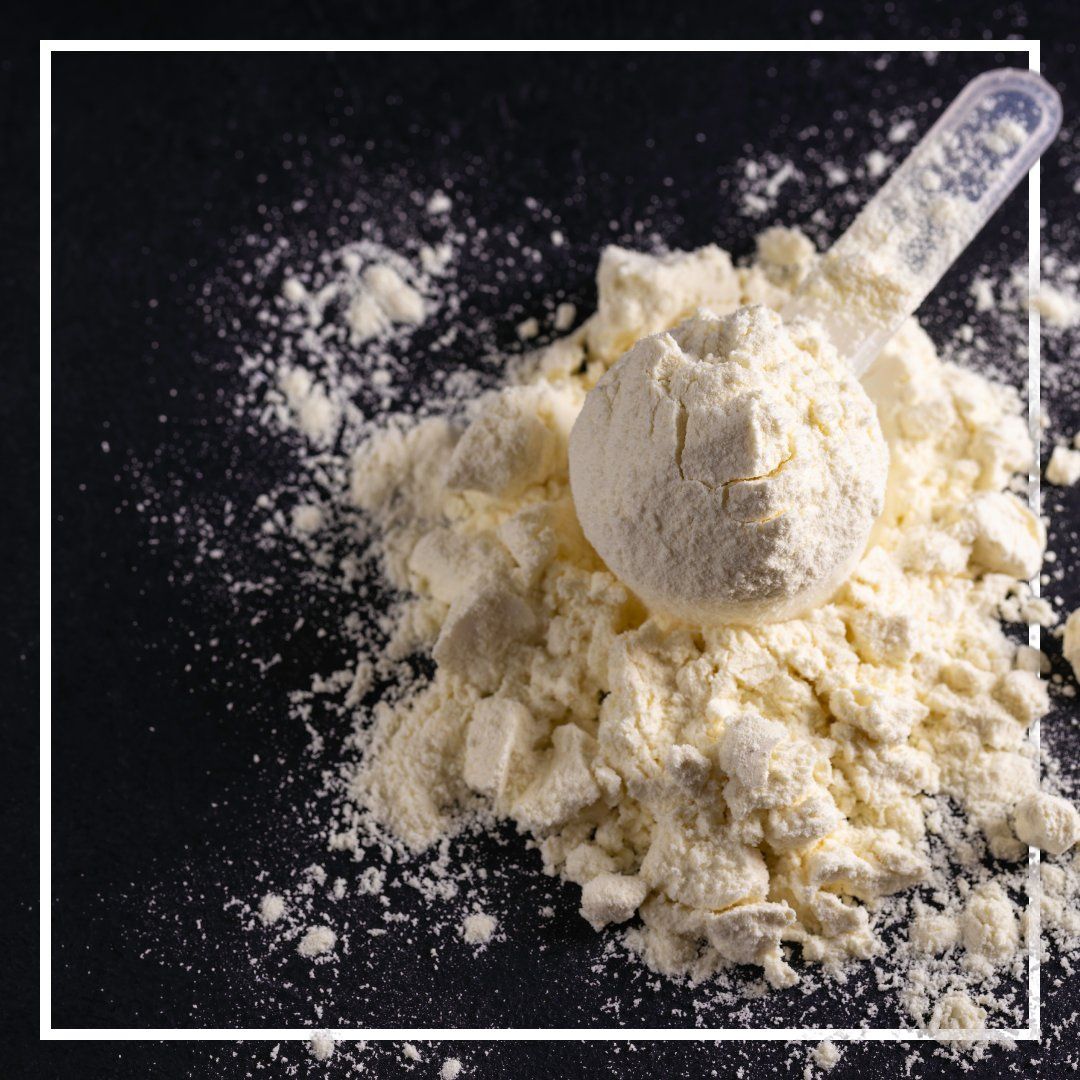As we age, maintaining physical strength and cognitive health becomes increasingly important. While many people associate creatine with athletes and bodybuilders, this powerful supplement has benefits that extend far beyond the gym. In fact, creatine may be a valuable ally for older adults looking to support both their body and brain.
Understanding Creatine
Creatine is a naturally occurring compound found in muscle cells. It plays a key role in producing energy during high-intensity exercise or activity. Our bodies produce some creatine naturally, and we also obtain it from foods like red meat and fish. However, as we age, our muscle mass and creatine levels tend to decrease, which can lead to declines in physical and cognitive performance.
The Physical Benefits of Creatine for Older Adults
One of the most well-known benefits of creatine is its ability to support muscle strength and endurance. For older adults, this is particularly important as muscle loss, known as sarcopenia, is a common issue with aging. Research has shown that creatine supplementation can help counteract muscle loss, improving strength and function.
By helping to replenish the body’s creatine stores, supplements can boost energy production in muscle cells, allowing older adults to maintain more muscle mass and strength. This, in turn, can lead to better mobility, reduced risk of falls, and a higher quality of life.
Creatine and Brain Health
While creatine's benefits for physical performance are well-documented, its impact on brain health is equally impressive. The brain is a highly energy-demanding organ, and creatine can help ensure it has the energy it needs to function optimally.
Studies have indicated that creatine supplementation may improve cognitive function, particularly in tasks requiring short-term memory, reasoning, and mental endurance. This can be particularly beneficial for older adults, as cognitive decline is a common concern with aging.
Research suggests that creatine may help protect against neurodegenerative diseases such as Alzheimer’s and Parkinson’s by supporting the brain’s energy metabolism. By enhancing the brain’s ability to produce energy, creatine can improve mental clarity, reduce mental fatigue, and potentially slow the progression of age-related cognitive decline.
How to Incorporate Creatine into Your Routine
For older adults considering creatine supplementation, it’s important to start with a low dose and gradually increase it as needed. Typically, a daily dose of 3-5 grams of creatine monohydrate is recommended. It’s also important to stay hydrated, as creatine draws water into the muscles, which can lead to dehydration if fluid intake isn’t adequate.
Creatine can be taken at any time of day, but many people prefer to take it before or after exercise to maximize its benefits. For those not engaging in regular physical activity, taking creatine with a meal is also effective.
Final Thoughts
Creatine is a safe, well-researched supplement that offers significant benefits for older adults. By supporting both muscle strength and cognitive function, creatine can help older individuals maintain their independence, enhance their quality of life, and stay mentally sharp. As with any supplement, it’s advisable to consult with a healthcare provider before starting creatine to ensure it’s appropriate for your specific needs.
By embracing the power of creatine, older adults can take proactive steps to stay strong, sharp, and ultimately, live life to the fullest.

